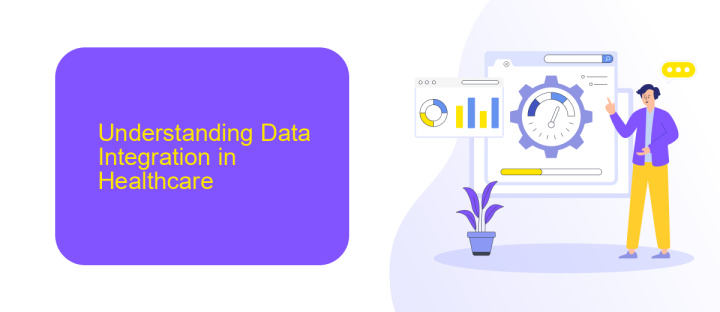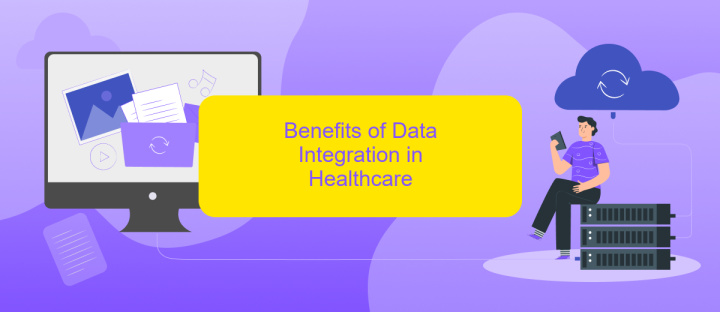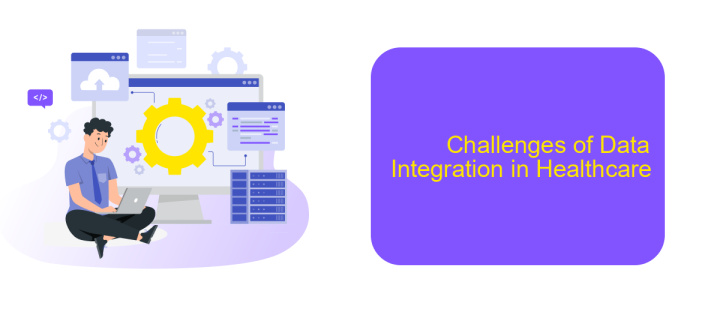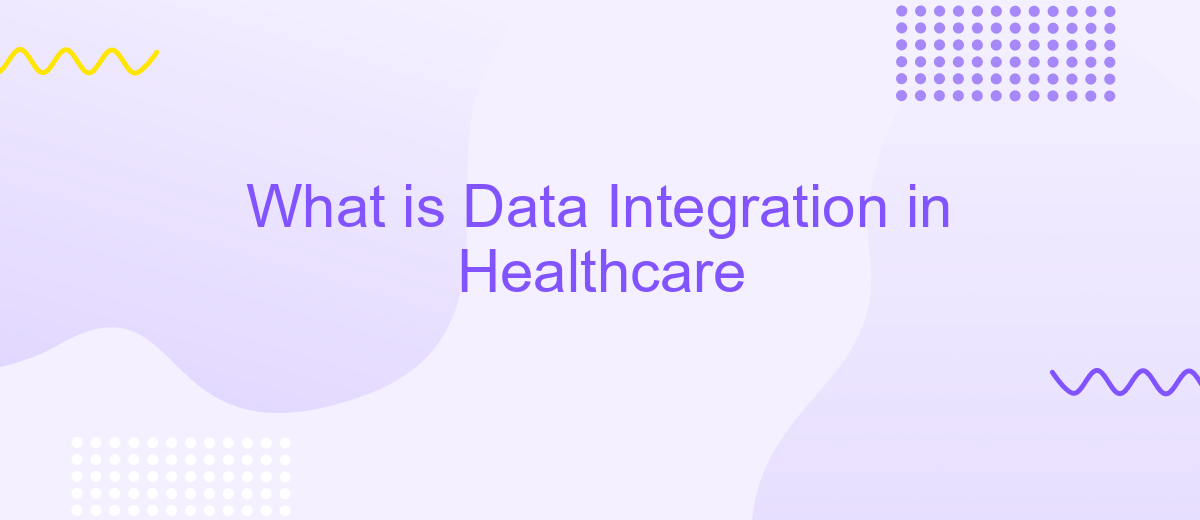What is Data Integration in Healthcare
Data integration in healthcare is the process of combining data from various sources to provide a unified view of patient information. This practice enhances decision-making, improves patient outcomes, and streamlines operations by ensuring that healthcare providers have access to comprehensive and accurate data. As the healthcare industry increasingly relies on digital solutions, effective data integration becomes essential for delivering high-quality care.
Introduction
Data integration in healthcare is a critical process that involves combining data from various sources to provide a unified view. This integration is essential for improving patient care, streamlining operations, and enhancing decision-making. By effectively merging data from different systems, healthcare providers can ensure that vital information is accessible and actionable.
- Improved patient outcomes through comprehensive data analysis
- Enhanced operational efficiency by reducing data silos
- Better decision-making with real-time data access
One of the key tools in facilitating data integration is ApiX-Drive, which offers seamless connectivity between various healthcare systems and applications. This service simplifies the integration process, allowing healthcare providers to focus on delivering quality care. By leveraging such technologies, the healthcare industry can overcome data fragmentation and achieve a more cohesive data environment.
Understanding Data Integration in Healthcare

Data integration in healthcare involves the process of combining data from various sources to provide a unified view, which is essential for improving patient care and operational efficiency. This integration allows healthcare providers to access comprehensive patient information, reducing the risk of errors and ensuring timely and accurate diagnoses. By consolidating data from electronic health records (EHRs), lab results, and other medical systems, healthcare professionals can make more informed decisions and enhance the quality of care provided to patients.
Effective data integration requires robust tools and services that can seamlessly connect disparate systems. One such service is ApiX-Drive, which offers a user-friendly platform for setting up integrations without the need for extensive technical expertise. ApiX-Drive facilitates the automatic transfer of data between different healthcare applications, ensuring that vital information is always up-to-date and accessible. By leveraging such integration services, healthcare organizations can streamline their operations, improve data accuracy, and ultimately provide better patient outcomes.
Benefits of Data Integration in Healthcare

Data integration in healthcare offers numerous advantages that significantly enhance patient care and operational efficiency. By consolidating disparate data sources into a unified system, healthcare providers can achieve a more comprehensive understanding of patient health, leading to better-informed decisions and improved outcomes.
- Enhanced Patient Care: Integrated data provides a holistic view of patient history, enabling personalized treatment plans and reducing the risk of medical errors.
- Operational Efficiency: Streamlined data processes reduce administrative burdens, allowing healthcare professionals to focus more on patient care.
- Improved Data Accuracy: Consistent and accurate data entry minimizes discrepancies, ensuring reliable information for clinical and administrative use.
- Regulatory Compliance: Integrated systems facilitate adherence to healthcare regulations by maintaining accurate and accessible records.
- Cost Reduction: Efficient data management reduces redundant tests and procedures, leading to significant cost savings.
Services like ApiX-Drive play a crucial role in simplifying data integration processes. By automating the connection between various healthcare applications and systems, ApiX-Drive ensures seamless data flow, enhancing the overall efficiency and effectiveness of healthcare operations. This ultimately contributes to better patient outcomes and a more streamlined healthcare environment.
Challenges of Data Integration in Healthcare

Data integration in healthcare faces numerous challenges that can hinder the seamless exchange of information between different systems. One of the primary issues is the lack of standardization across various healthcare platforms, which makes it difficult to ensure data consistency and accuracy.
Another significant challenge is data security and privacy. Healthcare data is highly sensitive, and integrating it across multiple systems increases the risk of data breaches and unauthorized access. Ensuring compliance with regulations like HIPAA is essential but can be complex and resource-intensive.
- Data standardization issues
- Security and privacy concerns
- High costs of integration
- Interoperability barriers
- Complexity of legacy systems
Despite these challenges, solutions like ApiX-Drive can facilitate smoother data integration by providing tools that automate the process and ensure compatibility between different systems. By leveraging such services, healthcare organizations can improve data accuracy, enhance patient care, and ensure compliance with regulatory standards.


Conclusion
Data integration in healthcare is a critical component for enhancing patient care, streamlining operations, and ensuring accurate data management. By consolidating information from various sources, healthcare providers can gain a holistic view of patient health, leading to more informed decision-making and improved outcomes. Additionally, efficient data integration helps in reducing redundancies, minimizing errors, and enhancing the overall efficiency of healthcare services.
Services like ApiX-Drive play a pivotal role in facilitating seamless data integration by providing robust tools for connecting disparate systems and automating data workflows. Through such platforms, healthcare organizations can effortlessly synchronize data across multiple applications, ensuring real-time updates and consistency. As the healthcare industry continues to evolve, the importance of reliable data integration solutions will only grow, making it imperative for providers to adopt advanced technologies to stay ahead in delivering quality care.
FAQ
What is data integration in healthcare?
Why is data integration important in healthcare?
What are the challenges of data integration in healthcare?
How can healthcare organizations implement data integration effectively?
What are the benefits of using data integration tools in healthcare?
Apix-Drive will help optimize business processes, save you from a lot of routine tasks and unnecessary costs for automation, attracting additional specialists. Try setting up a free test connection with ApiX-Drive and see for yourself. Now you have to think about where to invest the freed time and money!

